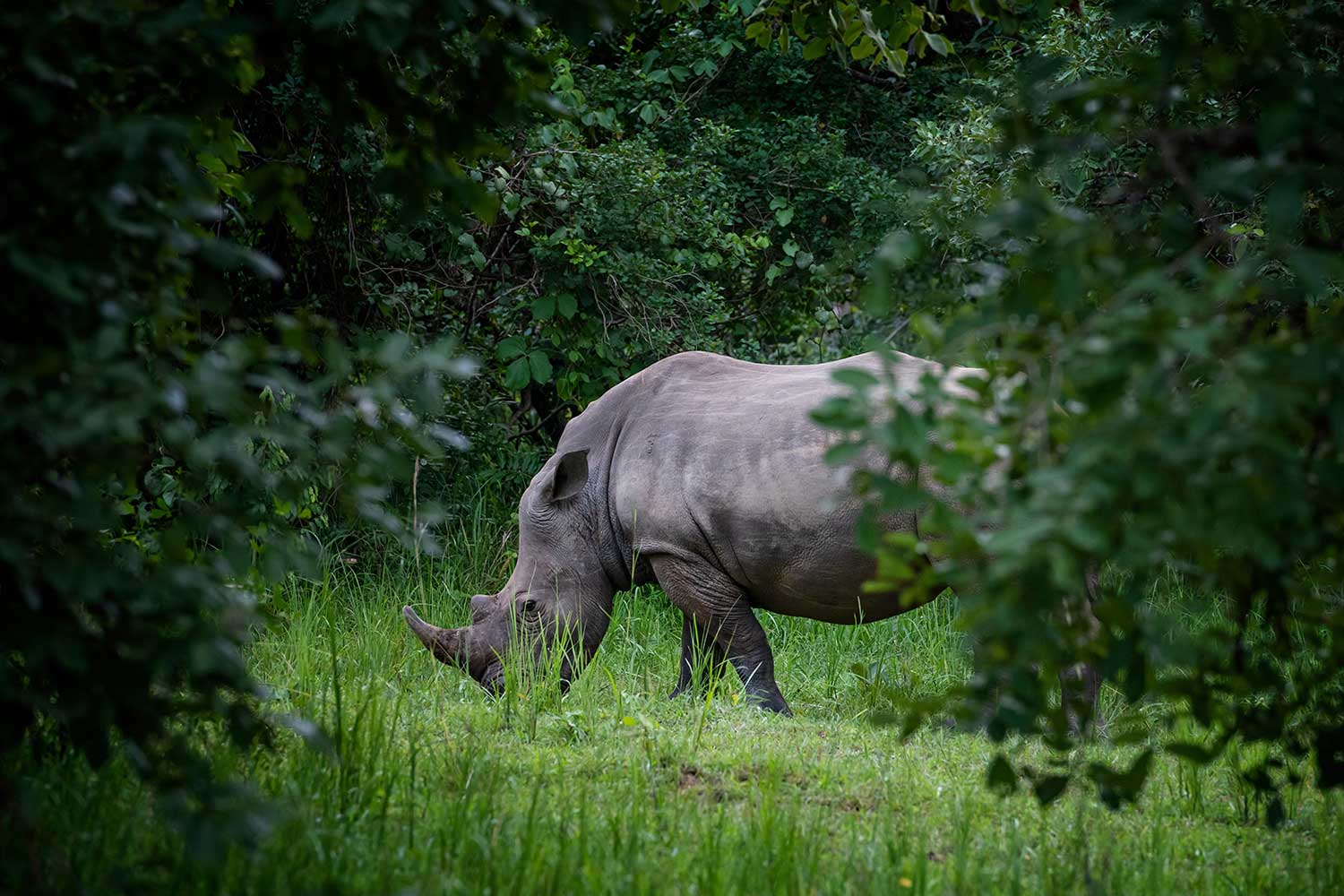Nature is in decline
In 46 years (between 1970 and 2016), global wildlife populations have seen a dramatic decline of 68%. With climate change and pollution accounting for respectively 6% and 7% of this decline, habitat loss, and fragmentation due to agricultural practices and infrastructure development are responsible for no less than 50%. Looking at what threats are most prominent at the moment this gives a clear picture. Other threats to biodiversity include invasive species and overexploitation. With species going extinct every single day, biodiversity loss is 1,000 to 10,000 times higher than the natural extinction rate. The severity of this crisis has come to the point where we have sowed doubt in many minds of ever being able to fix what we have done.
Why nature is important
Now, one could wonder: why is a healthy biodiversity of value to us, humans? Well, biodiversity supports all life on Earth, thus human life. Without biodiversity, our entire support system for human life would collapse. Through crucial processes that are stimulated, nurtured, and maintained by a healthy biosphere, we are provided with fresh air to breathe and food to consume. Furthermore, these processes lay the foundation for the earth’s soil quality and other ecosystem services.
Each species of animals, plants, fungi, and microorganisms work together in ecosystems, like a very complicated web, to support life and maintain the balance of planet Earth. A wide diversity of flora and fauna is therefore needed when it comes to a healthy biosphere. A healthy biosphere is a healthy planet—a planet in balance.
Why conservation is important
In reaction to Anthropogenic degradation – the depletion of natural resources and the compromising of environments due to human interference -, lots of conservation programs have been established to combat the destruction of biodiversity. Conservation programs range from minimal intervention to extreme conservation measures where species are under constant observation and care, which is especially the case for severely endangered species. There are pros and cons to wildlife conservation in some way when looking at the intensity of the conservation effort. Although severe interventions have led to positive results, decisions like these have considerable impacts on the animals’ well-being and human livelihoods in the area. In a world where the focus increasingly lies on the full spectrum of sustainability, and the ethics of decision-making is becoming more and more important, these – drastic, yet unfortunately highly necessary – interventions are questionable.
Nevertheless, through those same conservation efforts, we can restore and protect Earth’s precious nature. Some programs have been so successful that entire populations of species have known a significant rise in numbers, which has saved animals from extinction – from Blue Whales to shortnose sturgeons, and from Pygmy Rwandan water lily to the Peregrine falcon. Furthermore, without conservation biology, we would not be able to assess human impact on biological diversity, and as mentioned before, the latter is incredibly important for healthy and functional ecosystems. Also, conservation biology promotes the protection of the natural world, giving it the attention and support it deserves. It might be clear that nature conservation is vitally important for the future.
World Nature Conservation DayTo promote and stress the need to protect the planet’s beautiful natural resources, we have World Conservation Day, also known as World Nature Conservation Day. The idea behind this day is to raise awareness of the importance of biodiversity and the health of the natural world, thereby promoting nature conservation. Celebrated on July 28th of each year, it inspires people to take action – any small act that contributes to a healthy and stable environment.
Ubuntu Magazine
Here at Ubuntu Magazine, we share this mission of promoting nature conservation. Through compelling, encouraging articles and true stories from the frontlines, we want to inspire people to become active and make them feel confident that they, too, can make a change.
People easily feel powerless, thinking that their actions won’t have an impact in this big world. If many people think this way, things will indeed stay the same, and the world we live in today might not be there in 30 years. The truth is, that inspired action-taking on the individual level is crucial. Because when many people do what they can (even if it is as little as separating their waste) their combined individual actions can make a tremendous difference for the planet. So let’s join forces to save our beautiful world. Remember, anyone who is willing to do something can make a difference.



